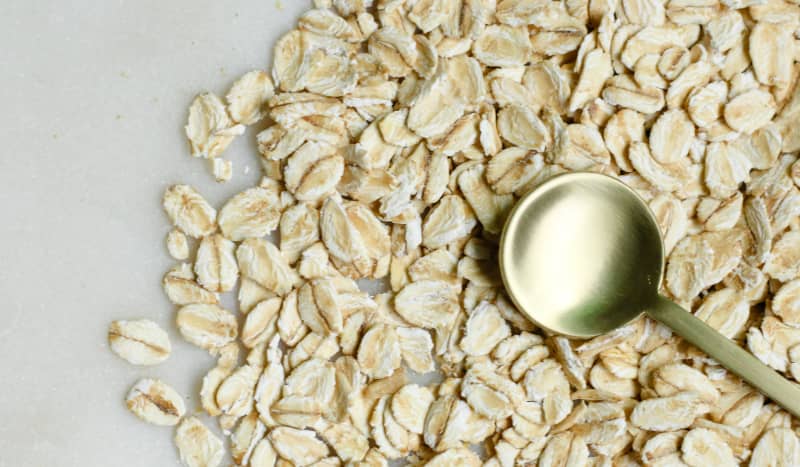
Oat Intolerance
Oat is one of the lesser known food intolerances but for many it creates real issues. What is it and what can you do to alleviate symptoms?
What Is Oat Intolerance?
Do you suspect that you are suffering from an oat intolerance? Oat intolerance is a form of Celiac Disease, which means that your immune system reacts to certain substances, usually grains, as though they were an enemy, and launch an attack.
Celiac Disease
Celiac Disease was previously just thought to centre around difficulties with wheat, barley or rye. However, recent studies have shown that this illness also includes oat intolerance. But what exactly causes oat intolerance? What are the symptoms to look out for? And how can you treat it?
Causes
Oat intolerance works the same way as other forms of Celiac disease. Its usually caused by a combination of environmental factors and genetics. Sometimes intestinal infection can lead to the condition, and sometimes it emerges on its own. When a person with Celiac disease eats grains, their immune systems go on the war path and release reactive T-cells.
Symptoms
This causes irritation to the intestinal tract, and results in an increase in mucous, and a lessened ability to absorb nutrients. Some symptoms of the illness include: Inflammation or irritation of the bowels, diarrhoea, cramping, constipation, headaches and malnutrition.
If you suspect you may be a sufferer, visit your GP immediately. Your GP will run tests which will involve removing certain foods from your diet for a while to see if the symptoms disappear. These foods will then be re-introduced to see if the symptoms return. If they do, this is usually a good indicator of the condition.
Treatment
The only way to deal with the condition on a daily basis is to eliminate all foods containing the irritant. This can be challenging, but thankfully for sufferers, there are many foods on the market today that cater to those with special dietary needs. There are also discussion boards online, as well as numerous support groups that offer the opportunity to share experiences with fellow sufferers. If you have real difficulty adjusting your diet, talk to your GP or a qualified nutritionist, who can help.
Most Popular
- › The Effects of Alcohol on Your Health & Weight
- › Best Gym Equipment for Weight Loss
- › Is Child Obesity A Major Issue?
- › Diet & Nutrition Tips & Advice
- › Eating Healthy Foods
- › What is Calorie Counting? A Quick Guide
- › Drinking Water - The Benefits of Water
- › Increase Metabolism with Exercise
- › Exercise Helps Weight Loss
- › Home Gyms for Exercising
You may also be interested in...
Celiac Disease
Do you know about Celiac disease? The symptoms are a reaction of the intestines to gluten - making diet choice and lifestyle a careful choice for sufferersCorn Intolerance
Do you suspect you suffer from corn intolerance? If you do, look to slimming.co.uk for answers on symptoms, dieting and more today.Gluten Intolerance
Are you living with gluten intolerance? Perhaps you are just interested in learning more. If so, slimming.co.uk can help you to find out about the symptoms and treatments available.Wheat Intolerance
Do you know what wheat intolerance is and what the symptoms are? Why not check out our quick guide to see whether this is something you may suffer from.Glucose Intolerance
Do you want to learn more about glucose intolerance? When it comes to blood sugar levels, you certainly do not want to be confused.
